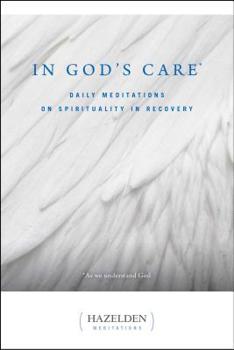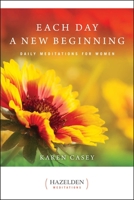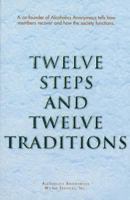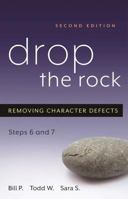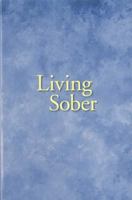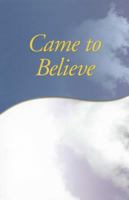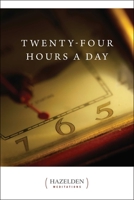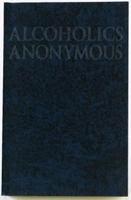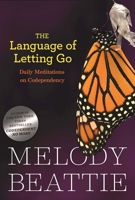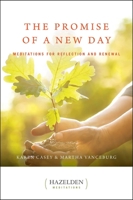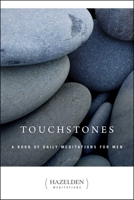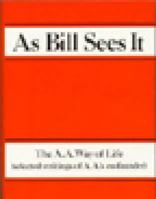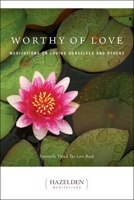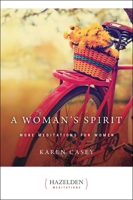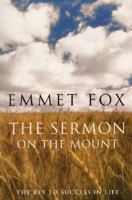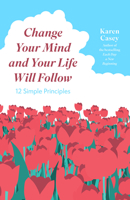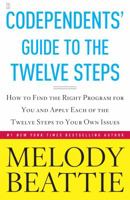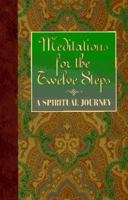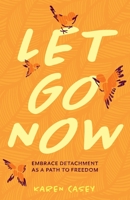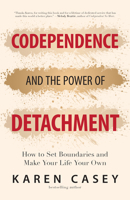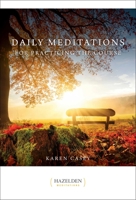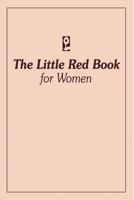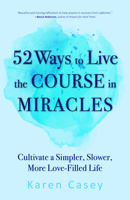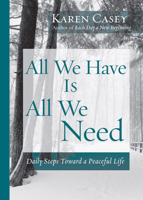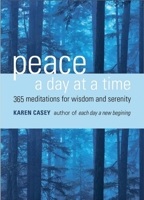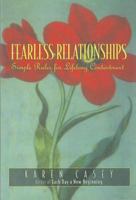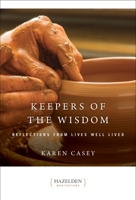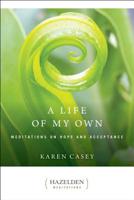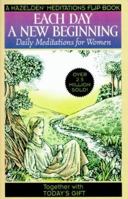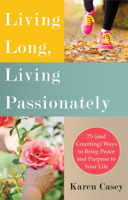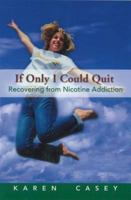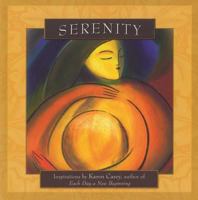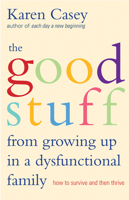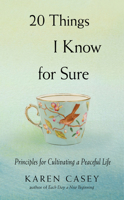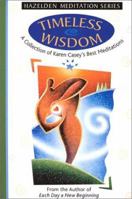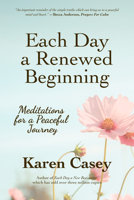In God's Care: Daily Meditations on Spirituality in Recovery
Select Format
Select Condition 
You Might Also Enjoy
Book Overview
Customer Reviews
Rated 5 starsIn God's Care - Review
If you are looking for a morning meditation book, this is a great book. Readings are short, labeld by day, and can bring focus to the whole day. If you or someone you know is in recovery it is perfect, safe and inspirational. Would make a great gift to demonstrate support.
0Report
Rated 5 starsIn God's Care : Daily Meditations on Spirituality in Recovery (Hazelden Meditation Series)
Beautiful meditations for those in recovery...simple and direct. A welcome addition to my morning quiet time. I'm blessed to have been guided to this book.
0Report
Rated 5 starsWhat this book has meant to me
I read this book every day, and plan to read it every day for the rest of my life. The book contains an insightful quote and a spiritual message for each day of the year. Whether you have a traditional belief in God or a vague understanding of some Higer Power this book will help you focus on the things that make life worthwhile. Each day you are reminded of the things which help to foster peace, love, and understanding...
0Report
Rated 5 starsPerfect companion to the Big Book!
This book, along with the Big Book and 12x12, has helped me stay focussed on what's most important in my life . . . God, my sobriety and my family. With quotes from wise people of all times, it has helped crystalize all the wonderful things God and AA have given to me. Most importantly, it helps remind me how important it is to remain grateful for this new life I've been given. It lifts the soul almost every morning...
0Report











